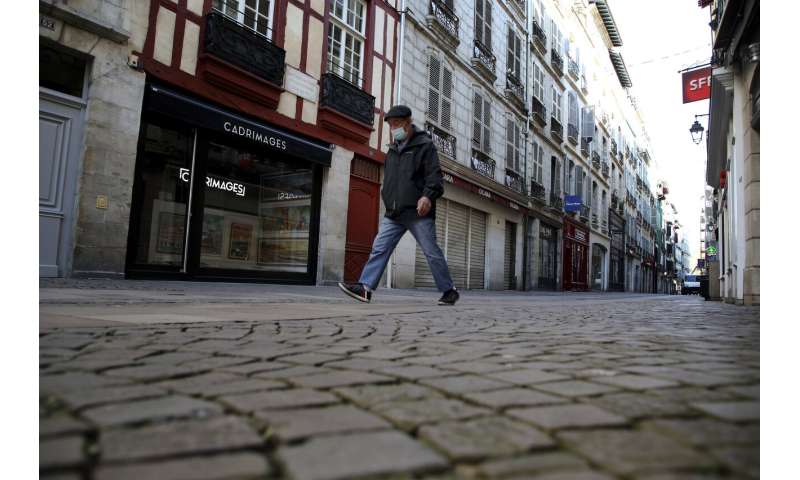
Parisians fleeing for the countryside jammed the roads ahead of France’s lockdown to slow the spread of resurgent coronavirus infections, and there was only a sprinkling of people hurrying along city sidewalks Friday as the nationwide restrictions went into effect.
Dystopian images of logjams that stretched for 435 miles (700 kilometers) at one point Thursday evening—exacerbated by the upcoming long holiday weekend—were a grim sign of a return to the dark days of the spring, when virus cases first swelled in Europe and many countries kept their citizens inside for weeks on end. With infections hitting record levels in some countries, many are now resorting to severe restrictions again.
In France, concerns were growing that rising infections would swamp the country’s health system, so authorities ordered another four-week lockdown beginning Friday. Many areas of the French capital resembled a regular lazy weekend morning—on what would normally have been a bustling weekday. Those who were out frequently clutched permission forms proving they had an exemption that allowed them to to be on streets.
The only places that were busy were grocery stores and markets as people stockpiled food and other necessities.
All of France’s 67 million people have been ordered to stay at home at all times with no visitors, or risk steep fines or prosecution. There are a handful of exceptions, such as being allowed out for one hour of exercise a day within a half-mile (1 kilometer) of home, to go to medical appointments, to a place of work, or to shop for essential goods. Restaurants and cafés are shuttered, apart from those that offer takeout.

“Going to friends’ houses, having friends over and moving around for anything other than the reasons set out” will be impossible, Prime Minister Jean Castex explained firmly on Thursday.
That will hit hard for many.
“It’s not nice because I left my country to enjoy the experience of living in another country,” said Laura Beimberg, 28, an intern at cosmetics giant L’Oreal who is from Mexico. “And this experience of being between four walls, far away from family and friends is so hard.”
French President Emmanuel Macron implemented the lockdown as a last resort to curb the steep spike in infections across the country, where new daily cases are currently averaging around 50,000. That means that, on a per capita basis, France is seeing about two and a half times the number of new cases each day that the United States is.

But France is not alone. Many of its European neighbors are experiencing rising infections, some even beyond what they saw in the spring. In Belgium, the average number of daily cases is around 150 per 100,000 people, compared to France’s approximately 62.
The government in Belgium is meeting Friday to consider even tougher restrictions on movement that would amount to a quasi-lockdown. Germany, which is also seeing an increase in cases though on a much less dramatic scale, agreed this week to a monthlong shutdown of restaurants, bars, theaters and other leisure facilities, dubbed “lockdown light.”
Such measures have taken a brutal toll on economies around Europe, and French Finance Minister Bruno Le Maire gave grim predictions during an interview on France-Inter, raising his estimate for the depth of the recession. He forecasted an 11% fall in GDP this year.
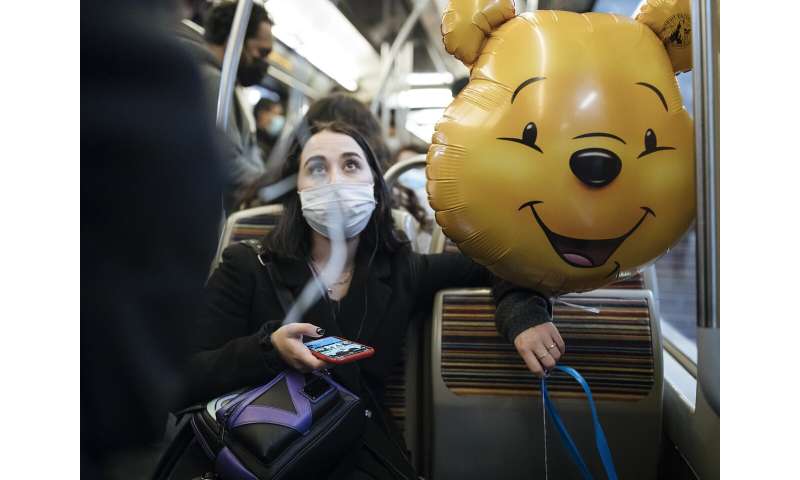
French residents could perhaps be forgiven for thinking it was groundhog day, just a few months after they emerged from one of the strictest lockdowns in Europe.
Some were accepting of the reality.
“We just have to live with it. You have resign yourself to it,” said Yoann Boullé, 28, a sanguine evening manager at a Parisian brasserie.
But many Parisians, who had had enough last time around, didn’t wait to be confined to their typically cramped apartments for four weeks.
Carlo Ponti, a 54-year-old interior decorator, was among those who fled Paris, but he did it by train. He called the departure of the Parisians a “historic exodus.”
He left Friday morning with his husband after finding all trains were booked Thursday night.
“The minute the French president gave his speech (announcing a lockdown), the entire national train website went down, was overloaded. Everyone wanted to book to get away,” Ponti said.
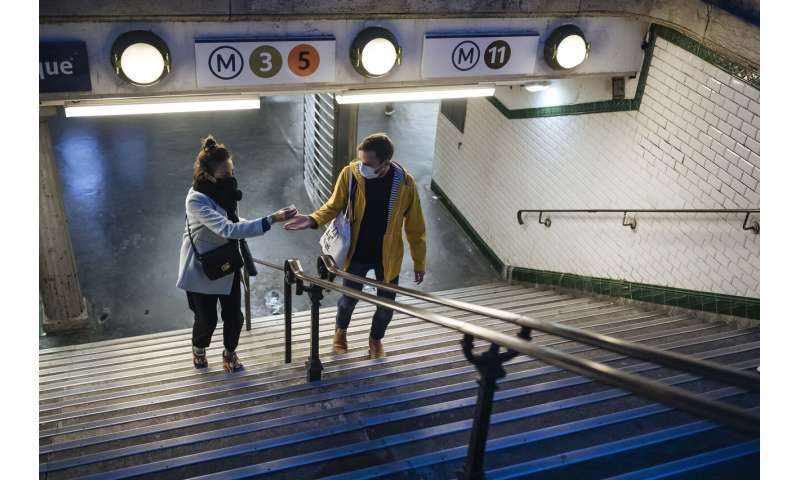
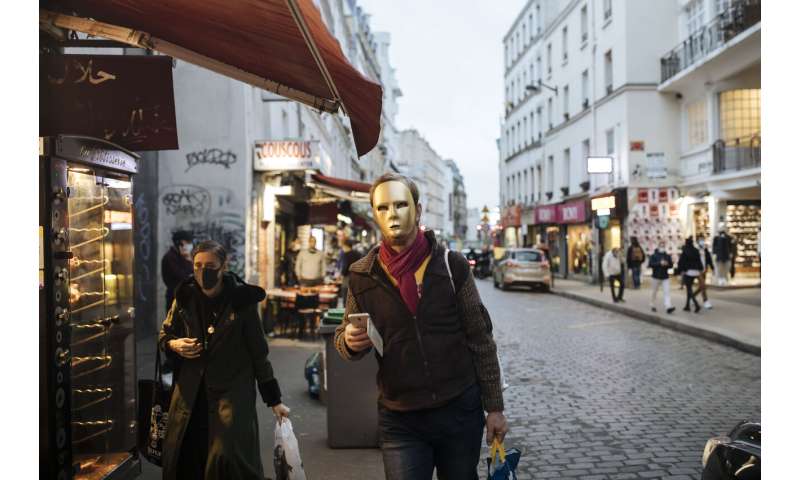
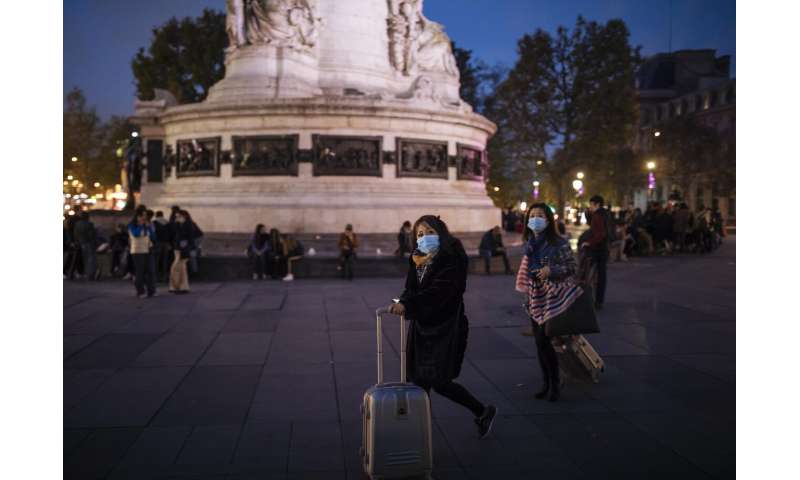
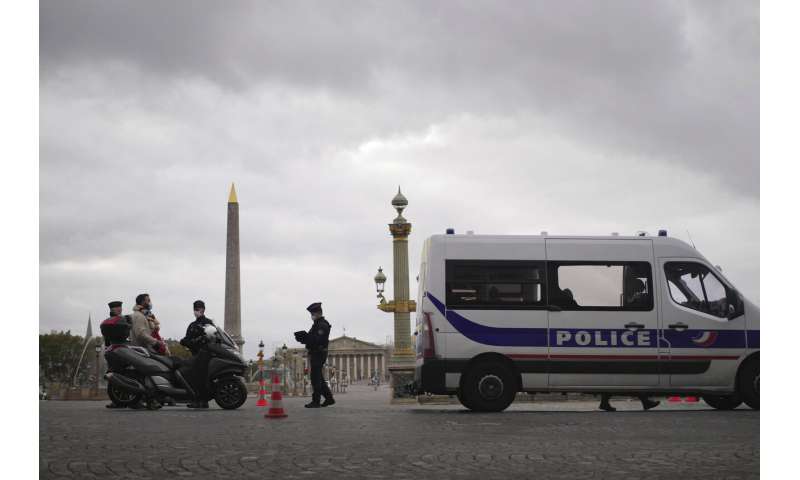
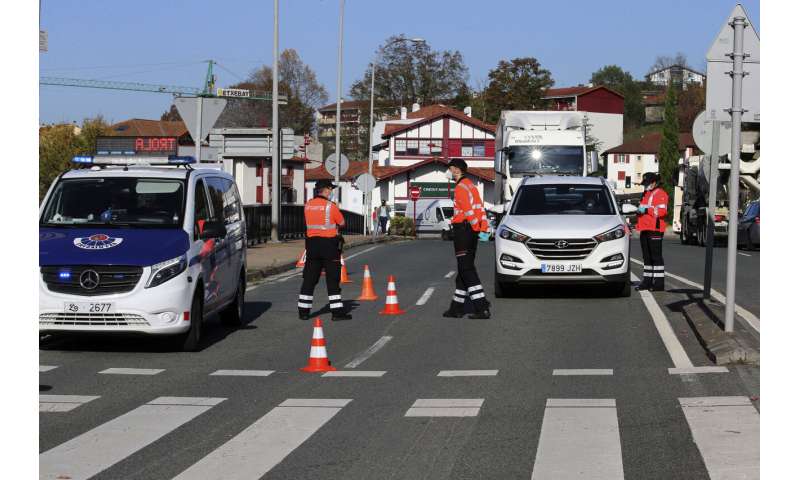
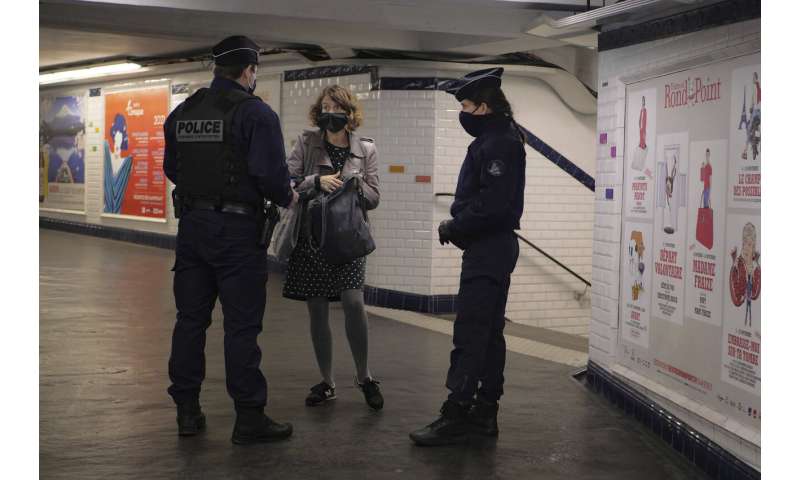

He plans to stay in his second home in the French region of Burgundy until over Christmas.
“During lockdown, the quality of life in the capital is terrible and so everyone who can do, tries to get away,” he said.
Highways around the capital descended into scenes of traffic chaos during the night as residents fled the capital. French media reported that the logjams were more than double the usual in the region around Paris, reaching near record levels as many headed for country or family homes with more space.
The traffic was worsened by the fact that many were also leaving for the Nov. 1 All Saints’ Day holiday.
Source: Read Full Article
